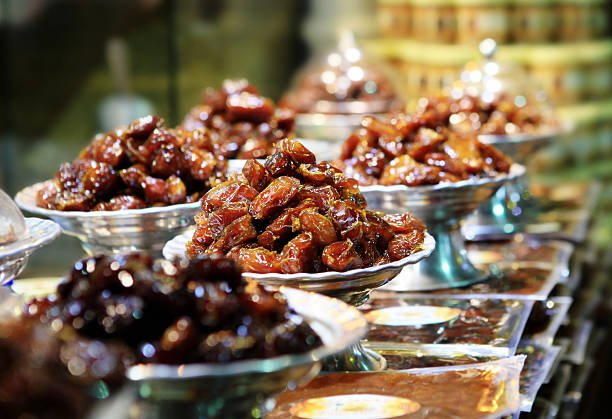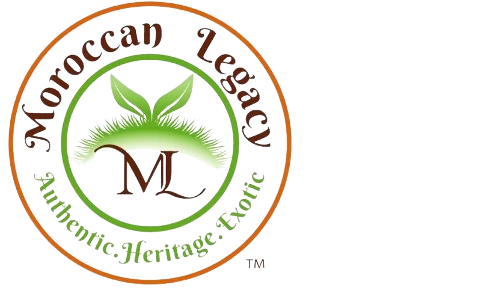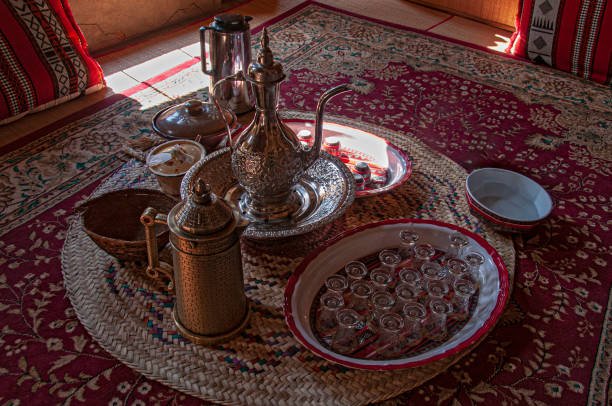Ramadan Customs in Morocco
In terms of religion, Morocco is an Islamic country that holds the month of Ramadan with special importance, but apart from the religion part, there are other significances of the month that deserve more than just a passing mention. Thus, Moroccan festivities and beliefs are firmly grounded in the country’s Islamic tradition, but they also contain a strong undertone of North Africa and centuries of the region’s history. With Moroccan people celebrating this holy month in medinas packed with people to the peaceful mountain villages, the key aspects of life are embraced wholeheartedly.
Indeed, the true beauty of the holy fasting month of Ramadan in the Kingdom of Morocco can be felt in these materialistic values above illustrated.
Ramadan Customs in Morocco are defined by the volume of the felt community and the level of collective involvement. Since fasting is broken at sundown, the streets are full of smells of the authentic dishes and sounds of laughter and talking. Solemn and Spamless month is not only a religious tradition, but also a wonderful opportunity to work on personal, as well as family members’ spiritual development.

Preparing for the Holy Month
It becomes so busy weeks before the beginning of the fasting month in Morocco. Markets are filled with new supplies of fruits and vegetables, dates, and other specific items for the next month’s consumption. Ramadan preparations include cleaning the house and buying new dishes that will be used throughout the fasting period. This preparation is not limited to the physical implication only; Moroccans also prepare the people both physically as well as inwardly for what is about to come.
Fasting and Iftar: The Heart of Ramadan Customs in Morocco
The general practice of the Islamic month of fasting is from dawn until sunset. Moroccan Muslim breakfast Also, Moroccan Muslims are awake at the break of dawn, taking suhoor, which is the meal that is taken before a fasting begins. This sometimes takes the form of dense foods, possibly a harira (a rich soup), or even a breakfast of msemen, or square-shaped crepe like bread with honey.
The breaking of the fast, or iftar, is a happy occasion for Moroccan people. When the adhaan is recited throughout the cities and villages, people stay together, both related and friends, to partake in this meal. Purists conclude fasting with dates and a glass of water or milk, harira, and then enjoy sweet and savory pastries, chebakia, sesame cookies soaked in honey, and sellou, a sweet made of nuts.
Our main focus of discussion will be festivals after sunset and religious gatherings.
The evening of Ramadan in Morocco is joyous and devout. The evening prayer being one of the called prayers, streets are opened and individuals go out to cafes, go to friends homes, or attend special Ramadan entertainment. Some provide tafseer taraweeh, where the congregation offers prayers and reads the whole Quran from sunset till the break of dawn.
Some parts of the world still practice nafar, which means a man will go around a town, singing, using a drum to wake people up for the suhoor meal. This sweet tradition enhances the beauty of the Moroccan conflict during the period of Ramadan.
Benevolence and Public Engagement
Almsgiving is considered a central characteristic of Ramadan, and Moroccan society is no exception. Most of the mosques and community centers arrange for special group iftar for the needy people so that they all can benefit from the blessings of the holy month. People and companies boost their philanthropic efforts as the spirit and practice of altruism and fellowship are rampant in Ramadan customs in Morocco.
Eid al-Fitr: Culmination of Ramadan Customs in Morocco
The last two days of this month are special and are known as Eid al-Fitr. Moroccans wear their best clothes and visit their friends and relatives. Many people offer their prayers in mosques and other open places, which are later provided with the delicious food and drink, which includes the tourch Tagine Behtar and more sohi and pastries. Children are given gifts and cash, and there is joy in everyone as everyone feels the achievement of new beginnings.
Different ways people celebrate during Ramadane in different regions
Even though numerous distinct Ramadan customs in Morocco are celebrated across the entire country, variations turn the picture into a rather colorful one. Ideally, in the northern regions some Spanish influence may be seen reflected in some iftar meals, and further in the south, the Berber style tends to add its own flavor and form to many of the local traditions. A city located at the coast may have more seafood to break their fasting, while in the mountainous regions, many may prefer hot soups to take during the night.
The Effect of Modernization on Ramadan Customs in Morocco
Like any other society that is transforming culturally and economically as a result of globalization, the practices of Ramadan in Morocco are changing. Busy business people in cities may prefer to order set meals to break fast with, while social networking sites have become a place to wish people a happy Ramadan and share meal recipes. However, the essence of Ramadan is still felt to the core, with many Moroccans seeing this time as a chance to get down to their culture.
Ramadan for the Non-Muslim People of Morocco
For non-Muslim people who are living or planning a trip, Morocco during Ramadan is a great discovery of the culture. On the same note, it’s culturally appropriate to avoid any form of food and beverage in the public during the fasting periods; despite this, there are many restaurants and cafes that are opened to serve those who are not under any restrictions from the fast. In this time, young Moroccan people are friendly and open to sharing traditions with others, making this time of the year perfect for getting to know the culture of Morocco.
Conclusion
Ramadan customs in Morocco are an artistic representation of religious, ethnic, and communal identification. With families and neighbors coming together for the special meals, with mosques being packed with people in an era of prayers for the night, this holy month alters the cycle of life throughout the country. As Morocco advances in its experiment in modernizing the ancient Islamic culture of this African kingdom of kings, the very spirit of Ramadan reigns supreme in Moroccan society.
FAQs
Is it true that all the organizations and companies in Morocco are shut down during the whole period of Ramadan?
Yes, they do change operations most often by reducing it to different hours rather than shutting down entirely. Most stores, restaurants, and cafes have their business and operational hours start later in the day and open late into the night for the duration of Ramadan specified change of timetables.
Are there ways in which tourists can get to join in the observation of Ramadan in Morocco?
Absolutely! Most of the hotels and riads prepare iftar meals for travelers, while some tourism companies arrange tours with a focus on Ramadan. Guests are normally allowed to attend community iftar meals or visit mosques at other times, which is a great chance to really immerse oneself into Moroccan culture.


